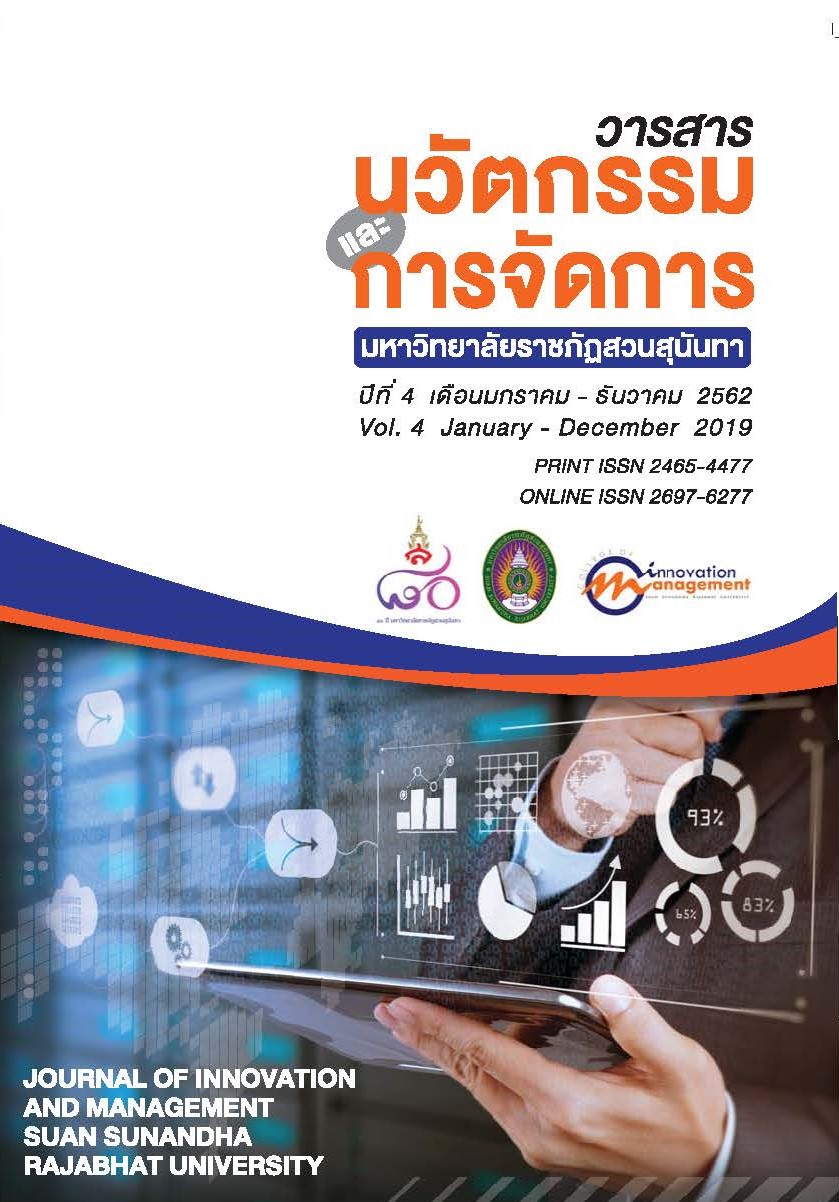Does Global Leadership Development Boost Multinational Corporations (MNCs) Performance?
Keywords:
Global Leadership Development, MNC performance, global challengesAbstract
As organisations continue to expand globally, the limelight is more and more concentrated on how to lead and develop a diverse multinational group of people as well as understand the cultural idiosyncrasies of each new market. A survey reported in the Society for Management concluded that “42% of leaders failed when sent abroad on a leadership assignment, the main reasons reported were a lack of language and cultural awareness skills, and a lack of a global mindset” (Buckby, 2015). To overcome global challenges such as; global economic crises, cultural barriers, knowledge, and skills shortage, a leader’s development is the only solution to avoid global failure. This article reveals that a leadership development program can enhance the Multinational Corporation (MNC) performance. This article discusses the importance of leadership development and its association with organisational development. As a leader of MNC operates in different countries, where, he/she suffers from different challenges.
References
Buckby, E. (2015). National leaders – international failures? why is leading internationally so challenging?. Retrieved 4 February 2020, from: https://www.communicaid.com/cross-cultural-training/blog/national-leaders-international-failures-leading-internationally-challenging.
Caligiuri, P. and Di Santo, V. (2001). Global Competence: what is it and can it be developed through global assignments?. Human Resource Planning Journal, 24(3), 27-38.
Champathes, M. R. (2006), Coaching for performance improvement: The coaching model. Development and Learning in Organizations, 20(2), 17-18.
Colvin, G. (2006). Catch of Rising Star. Fortune, 153(2), Feb 6th, 2006.[Online]. Retrived from: http:/money.cnn.com
Conger, J. A., and Benjamin, B. (1999). Building leaders. San Francisco: Jossey-Bass Publishers.
Conner, J. (2000). Developing the global leaders of tomorrow. Human Resource Management, 39(2-3), 147-157.
Cumberland, D., Herd, A., Alagaraj.a, M., and Kerrick, S. (2016). Assessment and Development of Global Leadership Competencies in the Workplace. Advances in Developing Human Resources, 18(3), 301-317. DOI: 10.1177/1523422316645883.
Evans, P., Pucik V. and Barsoux, J-L. (2002): The Global Challenge: Frameworks for International Human Resource Management. Boston, MA: McGraw-Hill Irwin.
Fiedler, F. E. (1996). Research on leadership selection and training: One view of the future. Administrative Science Quarterly, 41, 241-250.
Gibler, D., Carter, L., and Goldsmith, M. (2000). Best practices in leadership development handbook. San Francisco: Jossey-Bass.
Harris, H, and Dickmann, M. (2005). International Management Development (guide). London: CIPD.
Jordans, E., Ng’weno, B., and Spencer-Oatey, H. (2019). Developing Global Leaders: Insights from African Case Studies. 2nd ed.. Palgrave Studies in African Leadership.
Khan, M., Bilal, H., Mateen, A., and Haq, Z. (2017). The Mediating Effect of Knowledge Management System and Learning Culture on Human Capital Development. International Journal Of Management And Applied Science, 4(5), 14-17.
Khan, M., Sentosa, I., and Salman, F. (2018). Exploring the role of transformational leadership in human capital effectiveness. World Journal Of Entrepreneurship, Management, And Sustainable Development, 14(2), 191-204. DOI: 10.1108/wjemsd-10-2017-0075.
Kühlmann, T.M. (2001). The German approach to developing global leaders via expatriation leadership development. Human Resource Management, 39 (2-3), 159-172.
McCall, M.W. (2004). Leadership development through experience. Academy of Management Executive, 18(3), 127-130.
McCauley, C. D., and Brutus, S. (1998). Management development through job experiences. Greensboro, NC: Center for Creative Leadership.
Mendenhall, M E., and Stahl, G.K. (2000). Expatriate training and development: where do we from here?. Human Resource Management, 39(2-3), 251-265.
Moxnes, P., and Eilertsen, D. (1991). The influence of management training upon organizational climate: An exploratory study. Journal of Organizational Behavior, 12, 399-411.
Oddou, G., Mendenhall, M.E. and Ritchie, J.B. (2000). Leveraging travel as a tool for global leadership development. Human Resource Management, 39(2-3), 159-172.
Olusegun Atiku, S., and Fields, Z. (2020). Multicultural Orientations for 21st Century Global Leadership. In Neeta Baporikar, Editors. Management Education for Global Leadership, Edition: Advances in Human Resources and organisational Development, Publisher: IGI Global, pp. 28-51. DOI: 10.4018/978-1-5225-9279-2.ch001.
Osland, J.S. (2001). The quest for transformation. In M.E. Mendenhall, T.M Kühlmann, and Planning Society. Policies, Processes, and Innovations. London: Quorum.
Popper, M. (2005). Main principles and practices in leader development. Leadership and Organization Development Journal, 26(1), 62-75.
Rummler, G. A., and Brache, A. P. (1995). Improving performance: How to manage the white space on the organizational chart. San Francisco: Jossey-Bass.
Sahinidis, A. G. and Bouris, J. (2008). Employee perceived training effectiveness relationship to employee attitudes. Journal of European Industrial Training, 32(1), 63-76.
Starr, J. (2004). The manager’s role in coaching overcoming barriers to success. Development and Learning in Organizations, 18(2), 9-12.
Suutari, V. (2002). Global leader development: an emerging research agenda. Career Development International, 7(4), 218-233.
Tannenbaum, S. I. (1997). Enhancing continuous learning: Diagnostic findings from multiple companies. Human Resource Management, 36, 437-452.






